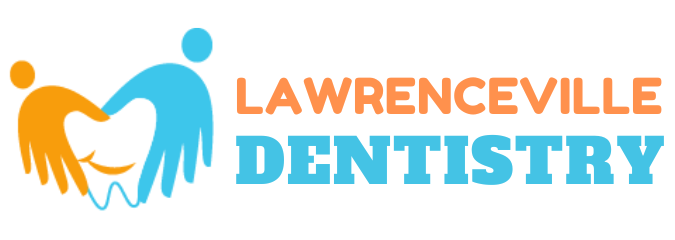
Proper oral hygiene habits are crucial for maintaining both your oral and overall health. These habits play a significant role in removing dental plaque, preventing tooth decay and gum disease. Harmful bacteria present in plaque can lead to various illnesses if it enters the bloodstream. By adopting good oral hygiene practices, you can keep your body healthy, comfortable, and avoid expensive restorative dental treatments. Additionally, these habits can combat bad breath, boosting self-confidence and self-esteem.
How to Maintain Good Oral Hygiene
Brushing your teeth:
- Brush your teeth thoroughly after waking up, before going to bed, and after consuming sugars or carbohydrates.
- Hold your toothbrush at a 45-degree angle to the gums.
- Brush back and forth over every surface of each tooth, including your tongue.
- Opt for longer, gentle brushing to ensure effective bacteria removal, rather than applying excessive force which can be abrasive and harmful to your teeth.
- Use the toothpaste recommended by your dentist and replace your soft-bristled toothbrush every three months.
Flossing your teeth
- Since toothbrush bristles cannot reach all the crevices between your teeth and gums, flossing is essential.
- Securely hold the floss with your fingers from both hands and gently guide it between your teeth.
- Move the floss up and down, curving it toward each tooth and beneath the gum line.
- Use a fresh section of floss for each tooth to avoid redistributing bacteria and food particles.
- Floss with waxed floss at least once a day and consider using floss holders or wands for easier maneuverability.
Utilizing mouthwash:
- Incorporate antibacterial mouthwash into your routine to eliminate lingering oral bacteria after brushing and flossing.
- Removing these bacteria helps protect against gingivitis and tooth decay.
Maintaining a Nutritious Diet
- A nutritious diet plays a vital role in maintaining good oral health and contributes to strong, healthy teeth.
- Ensure your diet includes ample nutrition, vitamins, and minerals to strengthen your teeth and avoid exposure to harmful substances.
Regular dental check-ups and cleanings:
- Even with excellent oral hygiene habits at home, professional dental care is necessary for comprehensive oral health.
- Dentists possess the expertise, instruments, and knowledge required to handle situations beyond your capabilities at home.
- Tartar formation, for example, cannot be resolved at home, but your dentist can remove it and provide protective treatments for future bacterial resilience.
Conclusion
By maintaining good oral hygiene habits, you can achieve a healthier mouth, improved comfort, and reduce the likelihood of bad breath, gingivitis, and tooth decay. Remember, oral hygiene is not an occasional or convenient task. It requires a strict daily regimen, but the time and effort invested are well worth the benefits.
For more information about good oral hygiene habits, Contact Lawrenceville Dentistry.
